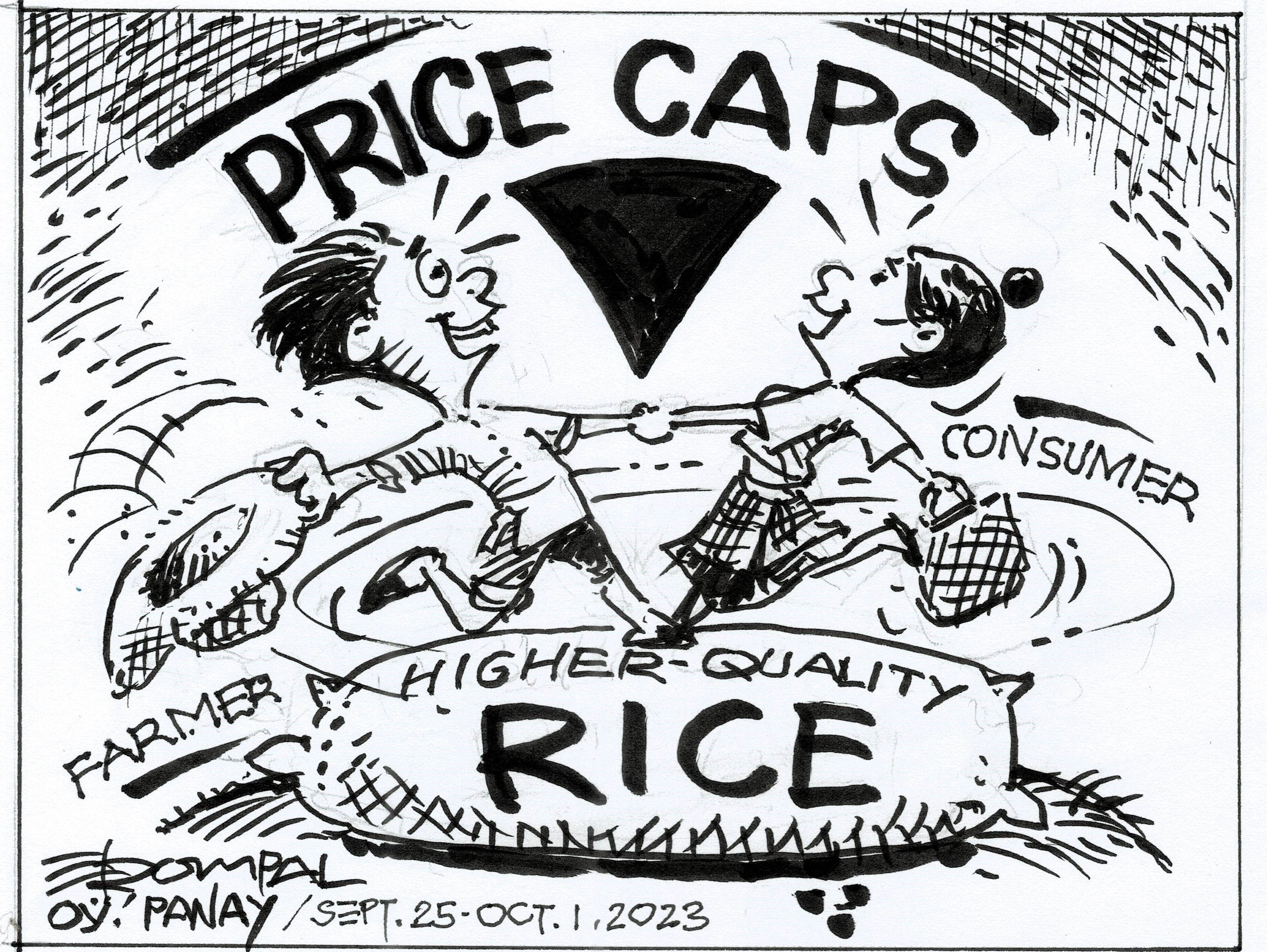Price caps on rice have long been a topic of debate and discussion in agricultural communities across the globe, including those in provincial areas.
While the intentions behind such price controls are often noble—to safeguard the interest of farmers and consumers— it is vital to scrutinize their effectiveness, long-term consequences, and potential for improvement.
Price caps on rice are typically implemented with two primary objectives: to ensure that farmers receive a fair price for their produce and to protect consumers from volatile market prices.
These objectives are laudable, but the realities of implementing such caps can be more intricate than they initially appear.
Price caps provide farmers with a predictable income, which can be vital for their economic security, especially in areas where agriculture is the primary livelihood. It can ensure that affordable rice is available to consumers, contributing to food security in the province.
However, price caps can disrupt the natural supply and demand dynamics, leading to overproduction or underproduction. This imbalance can adversely affect farmers' income.
When farmers receive a fixed price for their produce, there may be less incentive to improve crop quality or explore innovative farming methods essential for long-term sustainability. Enforcing price caps requires significant resources for monitoring, regulation, and possible subsidies, which can strain government budgets.
Balancing the interests of provincial farmers and consumers necessitates a more comprehensive approach that addresses the complexities involved.
Instead of uniform price caps, governments can consider targeted support programs that directly assist small-scale farmers facing income volatility. This support could include crop insurance, access to credit, and training in modern agricultural practices.
Governments should prioritize improving market access for farmers, ensuring that they have multiple avenues to sell their produce at fair prices. This could involve building better infrastructure, promoting farmer cooperatives, and expanding access to larger markets.
Encouraging quality over quantity is vital. Incentives and support for higher-quality rice farmers can lead to better returns and long-term sustainability, educating consumers about the importance of fair prices for farmers and the overall health of the agricultural sector can help build public support for policies that promote both and continuous monitoring of the market conditions can enable governments to intervene when necessary without resorting to broad price caps.
Price caps on rice in provincial farming communities are a well-intentioned effort to protect farmers and consumers.
However, they are a double-edged sword that requires careful consideration of their impact on the entire agricultural ecosystem.
Ultimately, it is essential to recognize that the welfare of both farmers and consumers is interconnected and that sustainable solutions can be found through collaboration and thoughtful policy development.
#OpinYonPanay #Editorial #HowPriceRiceCapsAffectsProvincialFarmers #PriceCaps #Rice #Farmers #OpinYon #WeTakeAStand
